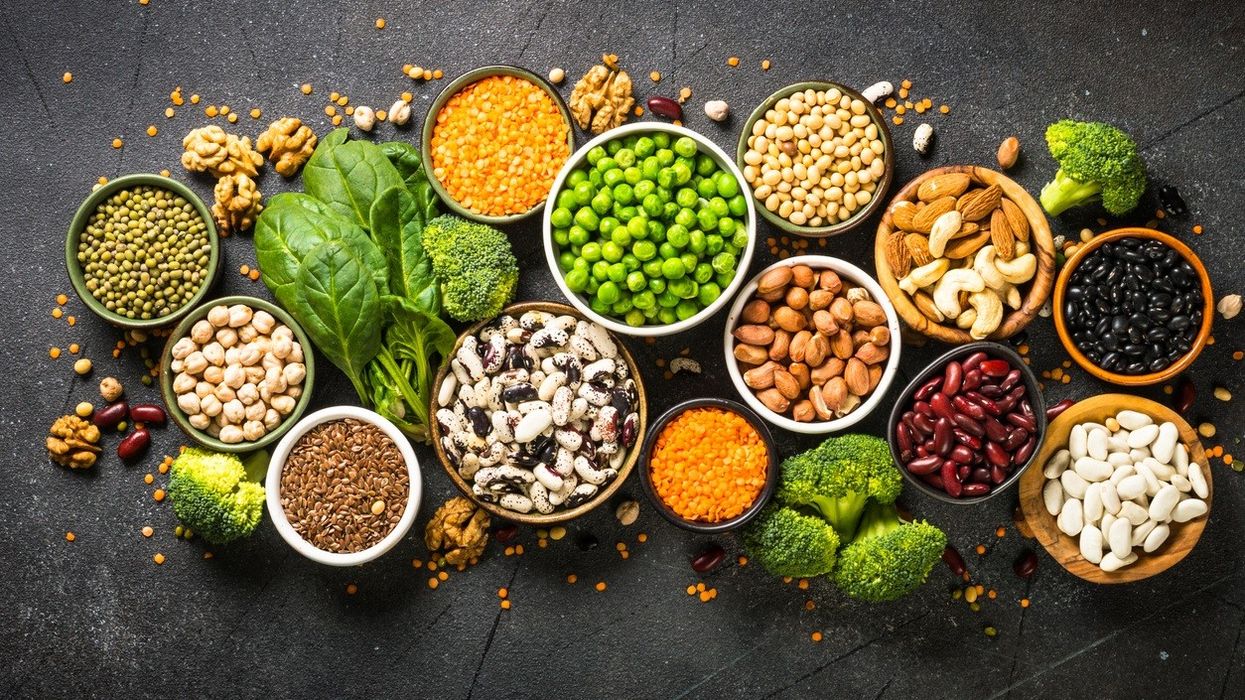A new documentary, "You Are What You Eat: A Twin Experiment," on Netflix has been sparking discussions on social media about the impact of diet on health, climate, and society.
This Netflix series explores a food experiment conducted by Stanford University involving four pairs of twins with differing diets.
In a four-part series, American identical twins engage in an eight-week scientific experiment exploring the impact of diet and exercise on the body.
The show features one twin from each pair adhering to an omnivorous (meat, fish, dairy and vegetables) diet, while their identical sibling follows a strict animal-free regimen.
The series highlights the primary advantages of a vegan diet, showcasing remarkable changes within weeks.
Those on the plant-based diet witnessed a significant reduction in visceral fat, unlike their meat-eating counterparts, who experienced a slight increase.
Additionally, the vegan participants exhibited notably lower LDL ('bad') cholesterol levels.
Both sets of twins shed weight, yet the vegan group, emphasising exercise benefits, lost an average of 4.2 pounds (1.9kg) more than their omnivorous counterparts.
Beyond individual health effects, the documentary delves into broader implications, highlighting how dietary choices might contribute to addressing the climate crisis.
However, some viewers have expressed concerns about the show's alleged bias against the meat industry and the limited availability of comprehensive information about the twin study.
Despite mixed opinions, the series challenges viewers to reconsider their dietary choices, prompting discussions about health, environmental impact, and ethical considerations.
The documentary's impact extends beyond mere food preferences, encouraging informed decision-making and stimulating conversations about personal health and global sustainability.
In a broader context, adopting a plant-based diet offers numerous health benefits, promoting better nutrition, a healthier heart, reduced diabetes risk, and a lower chance of developing certain cancers.
Studies emphasise the advantages of incorporating more fruits, vegetables, legumes, and whole grains into daily meals.
Whether viewers choose to embrace a plant-based lifestyle or not, "You Are What You Eat: A Twin Experiment" serves as a thought-provoking exploration, encouraging reflection on dietary habits and their implications for health, the environment, and society.




